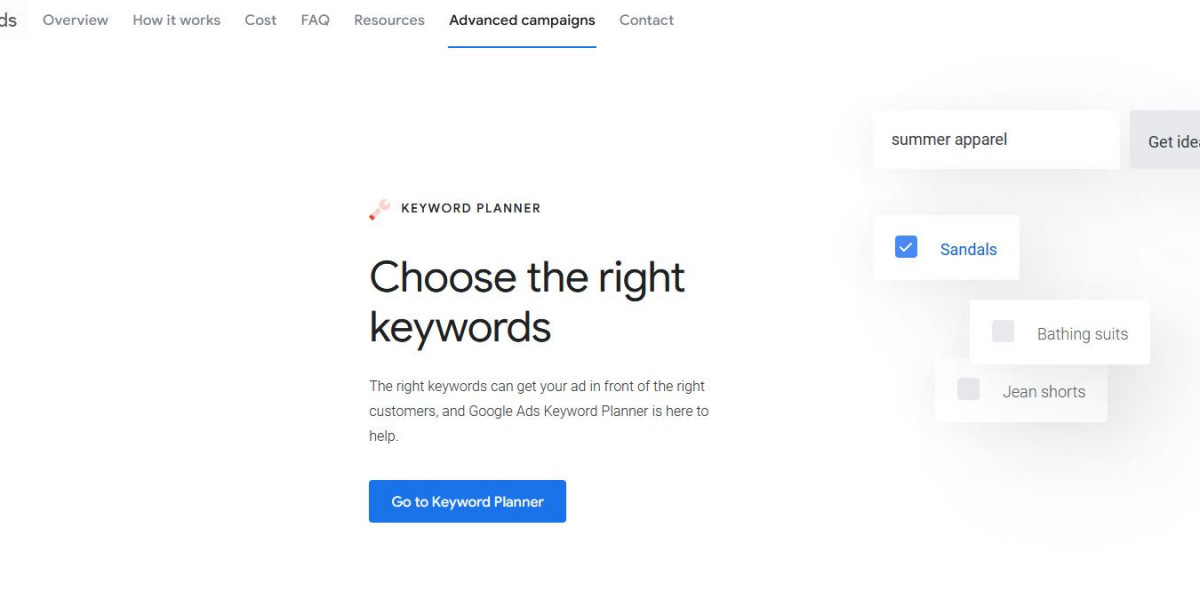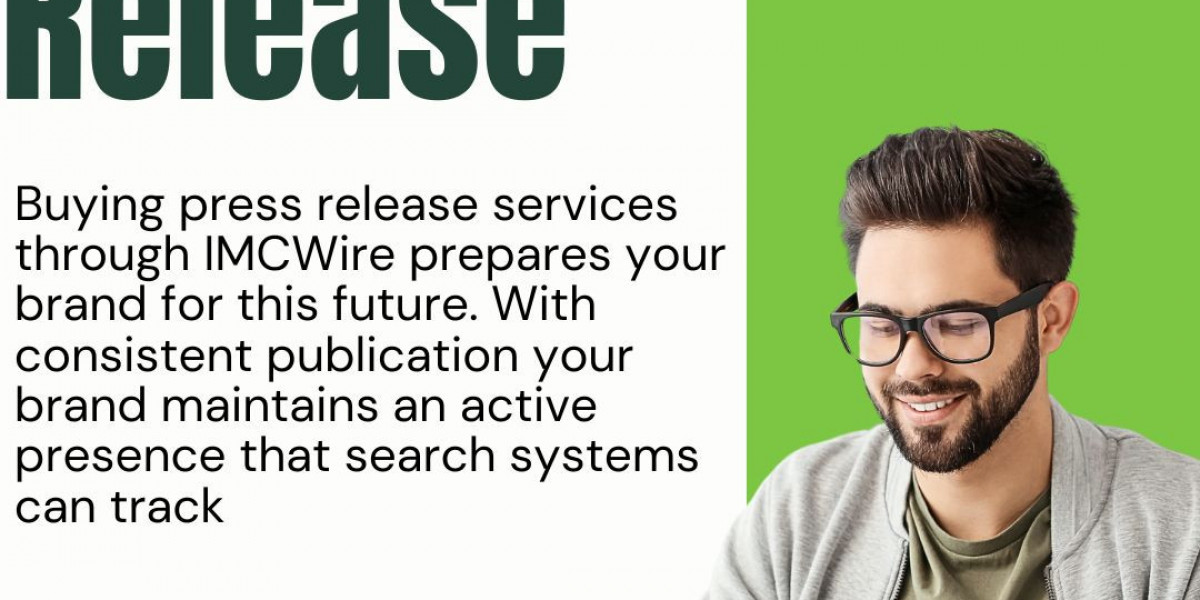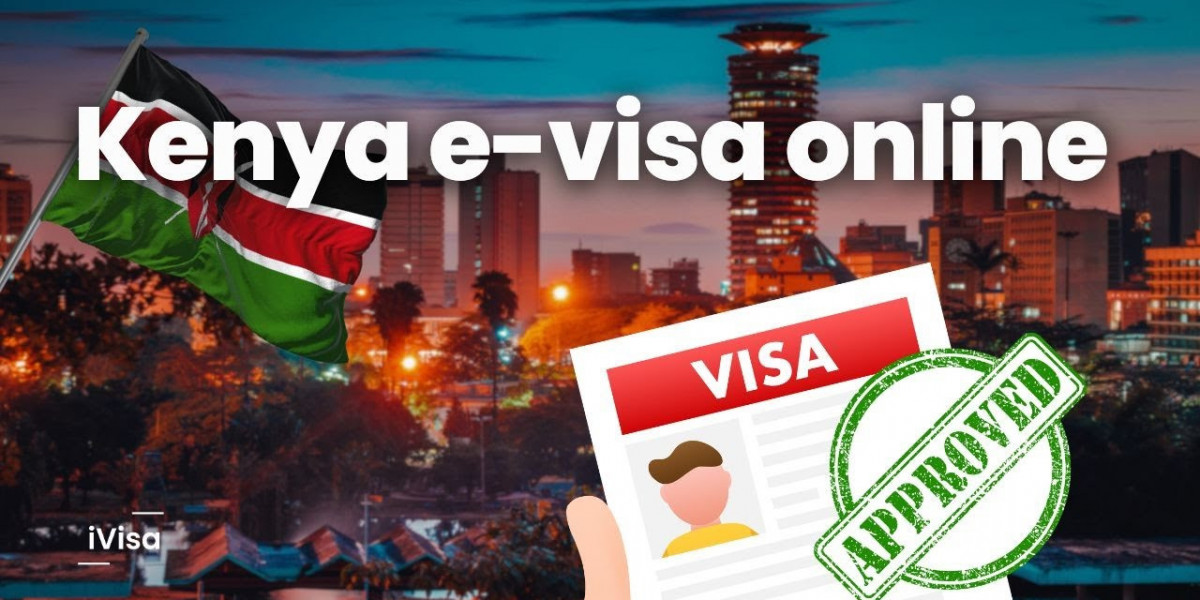In the digital marketing world, Google Ads is one of the most powerful tools businesses can leverage to reach potential customers. But for anyone new to pay-per-click (PPC) advertising, one of the first and most pressing questions is: how much does it cost to buy keywords on Google? Understanding this is crucial for setting realistic budgets, planning campaigns, and maximizing return on investment. Let’s break it down in a way that’s easy to understand, yet comprehensive enough for marketers at any level.
Understanding Google Keyword Costs
Before diving into the numbers, it’s important to understand how Google charges for keywords. Google Ads operates on a pay-per-click (PPC) model. This means advertisers only pay when someone clicks on their ad, not when the ad is displayed. The cost per click (CPC) depends on several factors, including competition, search volume, and the relevance of your ad.
Google doesn’t have fixed prices for keywords. Instead, it uses an auction system. Advertisers bid on keywords they want, and the winner of the auction gets their ad displayed. The more competitive a keyword is, the higher its price. Keywords in high-demand industries like finance, law, or insurance can cost tens or even hundreds of dollars per click, while less competitive niches may cost just a few cents.
Factors That Affect Keyword Prices
Several factors influence the cost of buying keywords on Google:
1. Industry Competition
Some industries naturally have more businesses competing for the same audience. For example:
Legal services: $50–$100 per click
Insurance: $30–$60 per click
E-commerce: $1–$5 per click
Highly competitive industries drive up prices because multiple advertisers bid aggressively for visibility.
2. Keyword Popularity
The more often a keyword is searched, the more expensive it can be. A keyword with thousands of monthly searches will often cost more than a keyword with only a few hundred searches, especially if many businesses are bidding on it.
3. Quality Score
Google assigns a Quality Score to every ad, based on relevance, click-through rate, and landing page experience. Ads with higher Quality Scores can pay less per click, even in competitive markets, because Google rewards relevance.
4. Geographic Targeting
Targeting large or wealthy regions can increase costs. For example, targeting “personal injury lawyer in New York City” is likely more expensive than the same keyword in a smaller city.
5. Match Type
Google offers different match types for keywords:
Broad match: Shows your ad for a variety of related searches; usually cheaper but less targeted.
Phrase match: Appears only for searches containing the exact keyword phrase.
Exact match: Only triggers for searches that exactly match the keyword; often more expensive but highly targeted.
Choosing the right match type can significantly affect cost efficiency.
Average Costs of Google Keywords
While prices vary widely, here’s a snapshot of what businesses typically spend per click across major industries:
Industry | Avg. Cost Per Click (CPC) |
Legal | $50–$100 |
Insurance | $30–$60 |
Finance & Banking | $20–$50 |
Health & Medical | $10–$30 |
Retail & E-commerce | $1–$5 |
Travel & Hospitality | $1–$10 |
Technology & SaaS | $5–$15 |
It’s important to note that these are average costs. Niche-specific or long-tail keywords often cost less and can sometimes yield better ROI because they attract more qualified leads.
How to Calculate Your Google Ads Budget
Knowing the cost per keyword is only half the picture. To estimate your budget, consider:
Your Campaign Goals: Are you aiming for clicks, conversions, or brand visibility?
Conversion Rate: How many clicks result in a sale or lead? If your conversion rate is 5%, you’ll need 20 clicks to generate one lead.
Target Cost per Acquisition (CPA): How much can you afford to spend per conversion? This helps you decide which keywords are worth the investment.
Example:
If a keyword costs $5 per click, and your website converts 10% of visitors into leads, then each lead costs $50 ($5 ÷ 10% = $50). Knowing this allows you to scale campaigns efficiently.
Strategies to Lower Keyword Costs
Even in competitive markets, there are ways to optimize your spend:
1. Use Long-Tail Keywords
Long-tail keywords are more specific phrases, often cheaper and more targeted. For example, instead of bidding on “lawyer,” try “divorce lawyer in Brooklyn.” These keywords attract users who are closer to making a decision.
2. Improve Quality Score
Better ads and landing pages reduce CPC. Focus on relevance, ad copy, and a smooth user experience to get more value for each click.
3. Geo-Targeting and Scheduling
Limit ads to regions or time frames where your audience is most active. This prevents unnecessary clicks from low-value traffic.
4. Negative Keywords
Use negative keywords to prevent your ads from showing for irrelevant searches. This ensures your budget is spent on clicks that have higher conversion potential.
The True Cost of Buying Keywords
It’s not just about CPC. Businesses should also consider:
Ad creation costs
Landing page optimization
Ongoing management and testing
Many companies hire PPC specialists or agencies to manage campaigns, which adds to the overall cost but often results in higher ROI.
Looking Ahead: The Future of Keyword Pricing
With AI-driven advertising tools and evolving search behaviors, the landscape of Google keyword costs is likely to become more dynamic. Advertisers who leverage automation, predictive analytics, and smart bidding strategies will gain a competitive edge, potentially paying less for high-quality clicks while achieving better results.
For businesses, understanding how much it costs to buy keywords on Google is not just a budgeting exercise—it’s about strategic planning, knowing your audience, and investing in campaigns that deliver real results. Those who master this balance can turn Google Ads from a cost center into a powerful engine for growth.
Conclusion
In the end, the question “how much does it cost to buy keywords on Google?” doesn’t have a single, fixed answer. Costs vary based on industry, competition, keyword relevance, and campaign strategy. By understanding the factors that influence pricing, employing smart optimization strategies, and continually refining campaigns, businesses can ensure that every dollar spent on Google Ads works harder and smarter.
As the digital marketplace continues to evolve, the brands that succeed will be the ones who treat keyword investment not merely as a cost, but as a strategic decision—one that opens the door to growth, insight, and opportunity.








